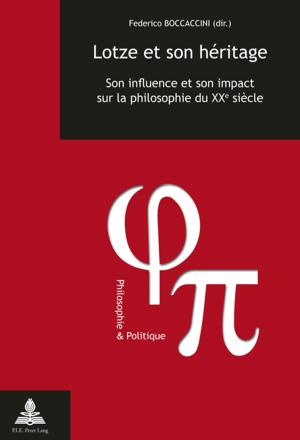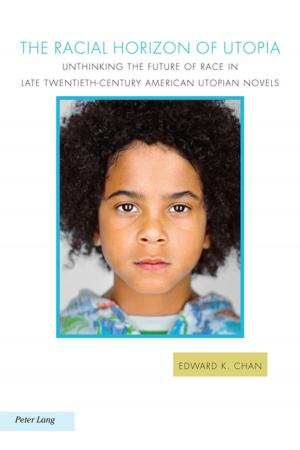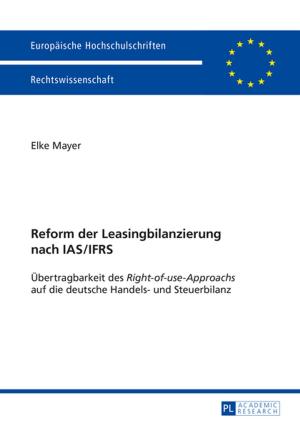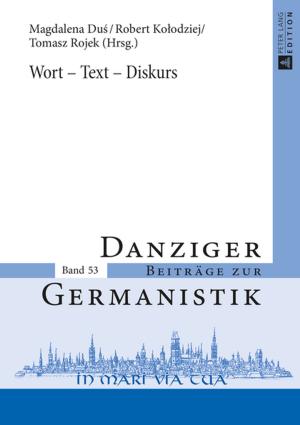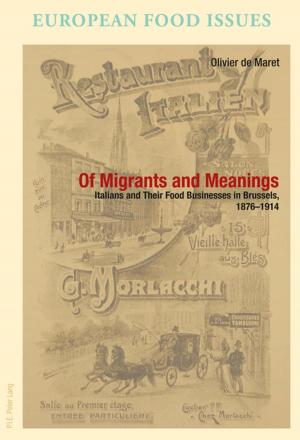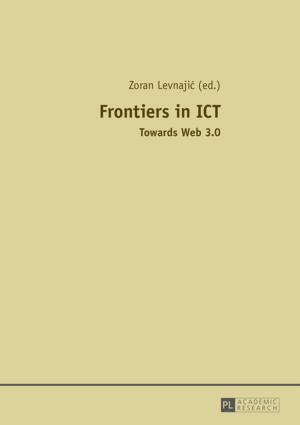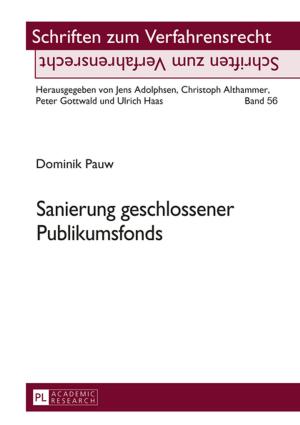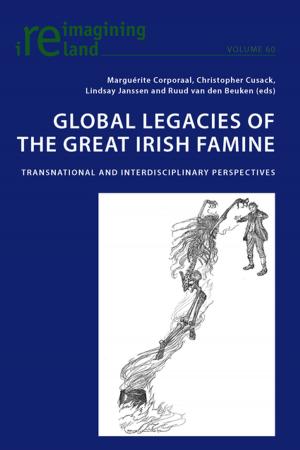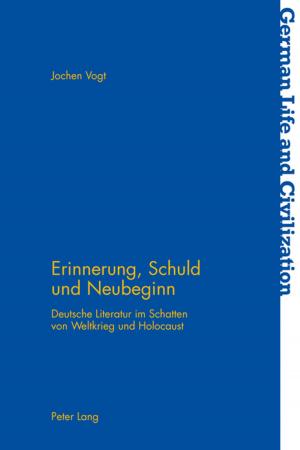Mário de Sá-Carneiro, A Cosmopolitan Modernist
Fiction & Literature, Literary Theory & Criticism, European, Spanish & Portuguese, Poetry History & Criticism| Author: | ISBN: | 9781787071339 | |
| Publisher: | Peter Lang | Publication: | February 7, 2017 |
| Imprint: | Peter Lang Ltd, International Academic Publishers | Language: | English |
| Author: | |
| ISBN: | 9781787071339 |
| Publisher: | Peter Lang |
| Publication: | February 7, 2017 |
| Imprint: | Peter Lang Ltd, International Academic Publishers |
| Language: | English |
Although he committed suicide at the age of twenty-five, Mário de Sá-Carneiro left behind a rich corpus of texts that is inventive, playful, even daring. The first collection in English to be dedicated to his work, this volume brings together scholars from Portugal, Brazil, and the USA to reassess Sá-Carneiro’s contribution to Portuguese and European Modernism(s). In the book, established researchers and younger scholars delve into the complexities and paradoxes of his work, exploring not only the acclaimed novella Lucio’s Confession, but also his poetry, short fiction, and correspondence. Each essay engages in the necessary task of placing Sá-Carneiro’s work in a wider literary and artistic context, bringing back to his texts the creative energy of early twentieth-century Europe. Plural in their methods, the essays propose multiple lenses through which to tackle key aspects of Sá-Carneiro’s œuvre: his aesthetic and artistic influences and preoccupations; his negotiations/performances of identity; and the ways in which his work emerges in dialogue with other Modernist authors and how they in turn engage with his work. Though he is sometimes overshadowed by his more famous friend and artistic comrade, Fernando Pessoa, this collection shows just how much one misses, if one overlooks Sá-Carneiro and other writers of the Orpheu generation.
Although he committed suicide at the age of twenty-five, Mário de Sá-Carneiro left behind a rich corpus of texts that is inventive, playful, even daring. The first collection in English to be dedicated to his work, this volume brings together scholars from Portugal, Brazil, and the USA to reassess Sá-Carneiro’s contribution to Portuguese and European Modernism(s). In the book, established researchers and younger scholars delve into the complexities and paradoxes of his work, exploring not only the acclaimed novella Lucio’s Confession, but also his poetry, short fiction, and correspondence. Each essay engages in the necessary task of placing Sá-Carneiro’s work in a wider literary and artistic context, bringing back to his texts the creative energy of early twentieth-century Europe. Plural in their methods, the essays propose multiple lenses through which to tackle key aspects of Sá-Carneiro’s œuvre: his aesthetic and artistic influences and preoccupations; his negotiations/performances of identity; and the ways in which his work emerges in dialogue with other Modernist authors and how they in turn engage with his work. Though he is sometimes overshadowed by his more famous friend and artistic comrade, Fernando Pessoa, this collection shows just how much one misses, if one overlooks Sá-Carneiro and other writers of the Orpheu generation.

